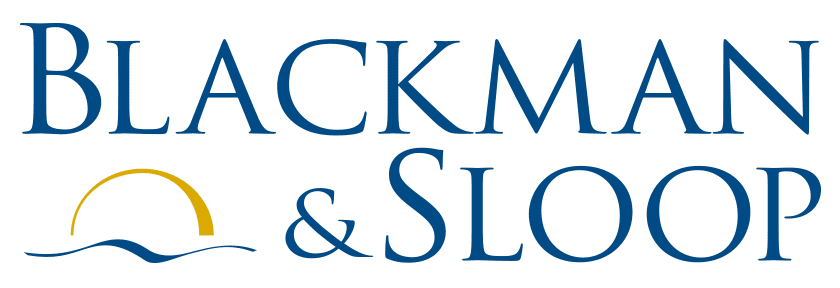In an effort to add further transparency to nonprofit organization reporting, the IRS added Part VI to the revised Form 990 in 2008. This additional section asks a variety of questions meant to elucidate best practices in the areas of governance, policy, and disclosures. In addition, in order to find out more about nonprofit governance, all IRS audits of 501(c)(3) organizations have included a much more in-depth governance questionnaire. The IRS has performed an initial analysis of data collected to-date from these questionnaires. Lois Lerner, the director the IRS Exempt Organization Division (EO), shared some of this preliminary analysis with the public at a recent nonprofit tax conference.
Lerner shared that correlations emerged between questions related to certain governance practices and tax compliance:
- • Organizations with a written mission statement are more likely to be compliant
- • Organizations that always use comparability data when making compensation decisions are more likely to be compliant
- • Organizations with procedures in place for the proper use of charitable assets are more likely to be compliant
- • Organizations where the Form 990 was reviewed by the entire board of directors are more likely to be compliant. Lerner emphasized that this correlation indicates that having the entire board engaged in the 990 process is not only helpful, but also leads to better compliance
She also stated that when the questionnaire indicated that control of the organization was vested in one individual or in a small group, that organization was less likely to be compliant.
The IRS also found that responses to some questions had no statistically significant correlation with tax compliance. These questions included:
- • Conflict of interest policies
- • Organizations that never or only occasionally use comparability data to set compensation
- • Voting board members that have a family relationship and/or outside business relationship with any other voting or non-voting board member, officer, director, trustee or key employee
Lerner concluded that these initial results are generally consistent with the premise that good governance and tax compliance go hand-in-hand. It’s important to note that this conclusion is based only upon a select group of organizations and does not provide a statistically representative sample or an analysis of the entire population of exempt organizations. Lerner has tasked the EO strategic planning group to design a project that will gather a statistically representative sample from the general EO population (not just 501(c)(3)s) to determine if these results hold true.
About Blackman & Sloop CPAs, P.A.:
Blackman & Sloop is a full-service CPA firm headquartered in Chapel Hill, North Carolina and is actively involved in auditing, taxation, management consulting, financial planning, and related services. The firm directs a large part of its services toward providing management with advice on budgeting, forecasts, projections, financing decisions, financial analysis, and tax developments. The firm also performs review and compilation services and prepares not-for-profit, corporate, individual, estate, retirement plan, and trust tax returns as well as technology consulting services regarding installation and training on QuickBooks. Blackman & Sloop provides services in Raleigh, Durham, Chapel Hill, RTP, Hillsborough, Pittsboro, Charlotte, and the rest of North Carolina. To find out more please visit http://www.blackmansloop.com
Contact: CPA cpa@blackmansloop.com
Toll Free: 1-877-854-7530The Exchange West
1414 Raleigh Rd, Suite 300 Chapel Hill, NC 27517
*This article originally appeared in BDO USA, LLP’s “Nonprofit Standard (June 2012)“. Written by R. Michael Sorrels, CPA, BDO. Copyright © 2012 BDO USA, LLP. All rights reserved. http://www.bdo.com




